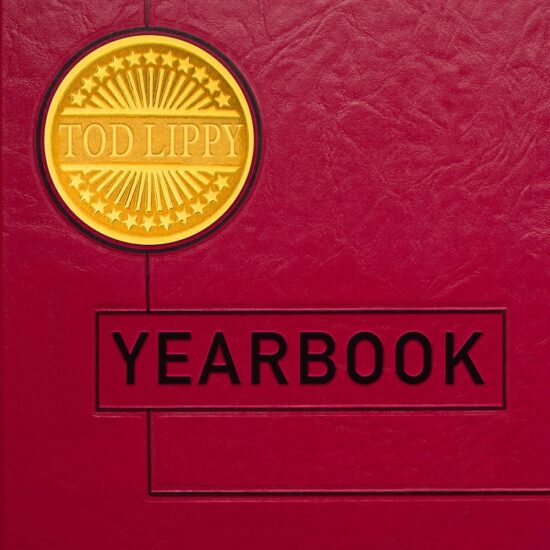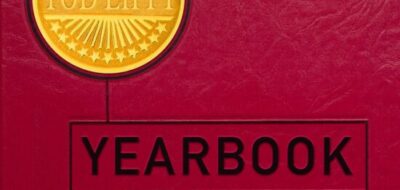When you come to music following releasing a wide array of other pieces of art within the same general sphere, your songs have to do a decent amount of heavy lifting or there’s the risk of pulling your legacy apart little by little. For Tod Lippy, he had built a concrete portfolio over his career before he decided to take a stab at being a musician and had done fairly well for himself. Working as the brains behind the nonprofit magazine Esopus which ran for twenty-five installments over fifteen years, Lippy’s past also included work at the School of Visual Arts M.F.A. Design with a focus on crafting magazines and offering lectures at countless campuses and other institutions.
There was a remarkable amount of work done in his publishing and design life without even getting into the filmmaker ambitions, and the snowball of creativity has all but consumed and provoked the next thing still to come. For Lippy, the next thing was music. Coming to the industry with his first album Here We Are in 2019, it was met with praise. The lead single off of the project, “Good Start,” was selected by KCRW as the influential station’s ‘Today’s Top Tune’ and the seed was planted — it wouldn’t be long before a second album from Lippy was written, recorded, and ready for release.
Yearbook is a sophomore release like no other; boasting a solid and dense ten tracks, it flies by at a quick pace across a variety of soundscapes that branch out of the work established in Lippy’s other talents. There’s a very orchestrated mindset at play in the work of songs like “Body and Blood” or “Names,” with the latter deconstructing the most base components that identify a human being across a variety of nicknames and spellings. There’s a fair amount of critical thinking at play throughout the entire album and it functions first and foremost as an auditory piece of art that demands to be listened to with the same approach you’d bring to a piece of modern art on the wall of a museum.
Listen to Yearbook by Tod Lippy below
There’s a certain innocence on display in songs like “Aisle 4,” but the innocence never sacrifices artistic integrity in favor of the road often traveled and the low-hanging fruit never gets picked. Choosing to end Yearbook on a song as soft, yet with as much of a sonic build-up, as “Undertow” is a choice made by someone so deeply in control of the arc an album must go on to feel wholly complete by the end of its runtime. The production present on the closing track complements the similarly structured and produced opening track “Ambitions,” but ends in a much softer headspace that allows room for recollection in regards to the music that precedes it.
The general collegiate mentality brought to Yearbook sharpens the thematic depth that fully renders the listener into a state of soothed enjoyment and retrospection, inviting at least a few revisits to the project once it’s over. It’s clear by the final notes that Tod Lippy has achieved a great sense of personal insight from dusting off his so-called Yearbook, and it’s evident that he hopes the same for you.






